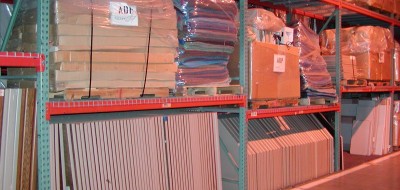Did you know that you could often write off your moving expenses when you file your taxes? If your relocation fits the government’s requirements, you’ll need to keep all of your receipts associated with the move. So, what else do you need to do?
1 – Store the Receipts
First of all, you need to find a safe place to store all your moving-related receipts. This can be a large envelope or a small shoebox – whatever works for you. A file folder will even work. No matter what you choose, just make sure you remember where you put it.
2 – Keep Notes
As you obtain each receipt make a note of the purchase purpose. It is also a good idea to note the date of purchase and who bought the item. Doing this a year later can be quite a challenge. For more accurate records, you may also want to track your mileage.
3 – Back-Up the Files
No matter how organized you are things can get lost during a move. So, make a copy of your receipts just in case they get lost. Keep the back-up file in a separate but secure location.
What You Can’t Deduct
There are certain things you just can’t deduct on your taxes in relation to your relocation. We’ve included these expenses here:
- Purchase price of your house
- Car tags and driver’s license
- Expenses for buying or selling a home
- Expenses for breaking a lease
- Loss on the sale of your home
- Mortgage costs
- Meals
- House-hunting expenses
- Real estate taxes
Lance Grooms





